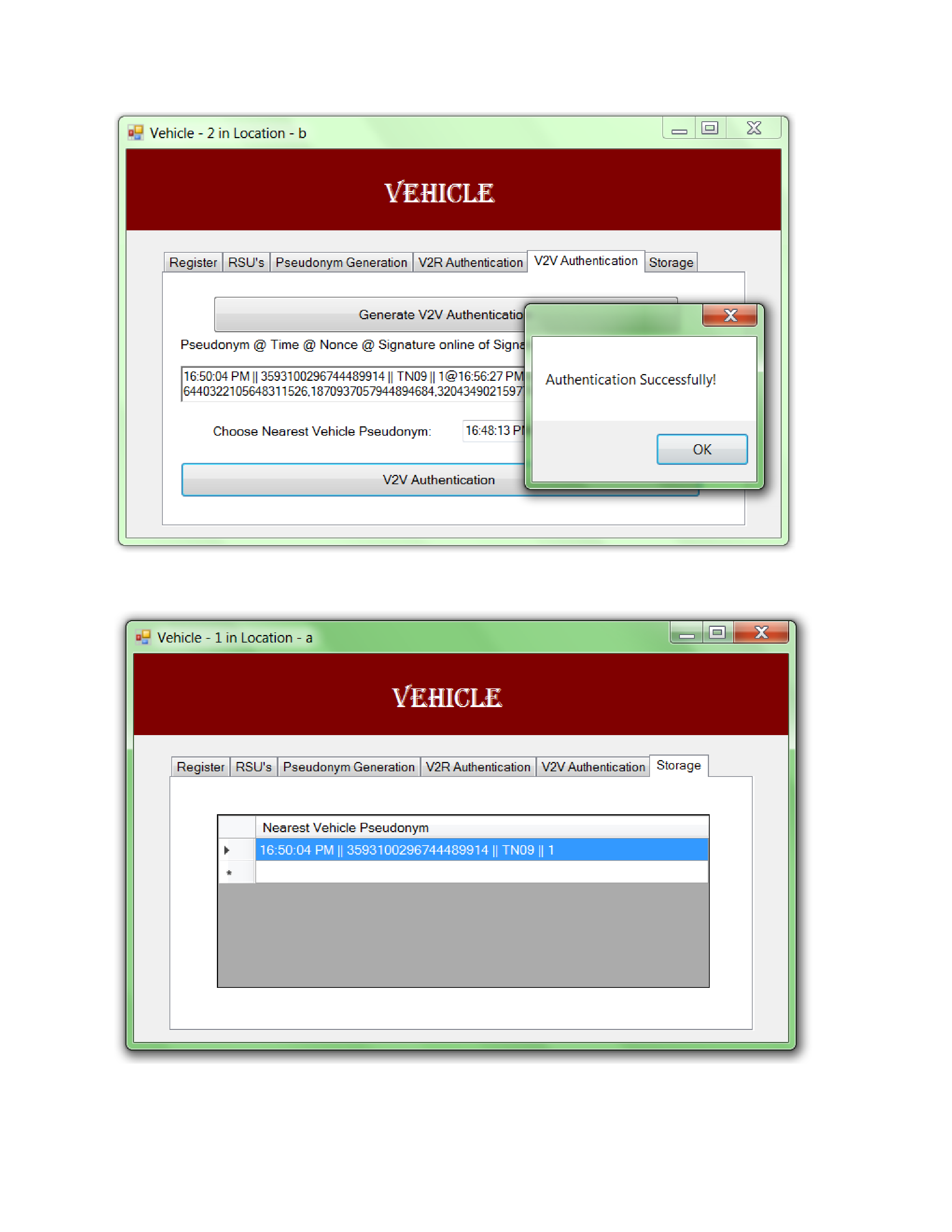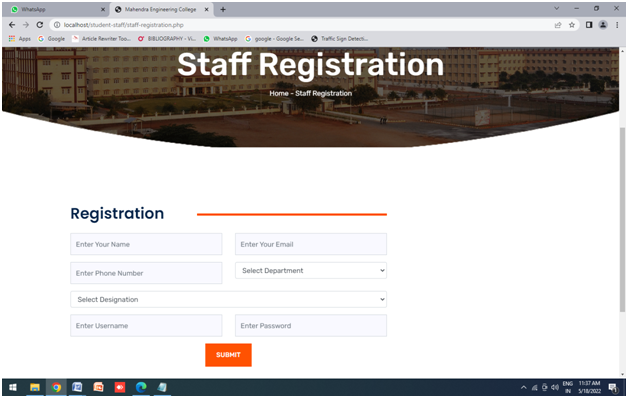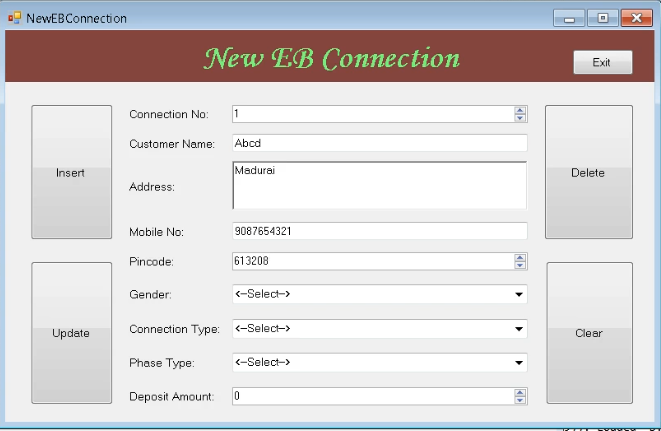In Vehicular Ad hoc NETworks (VANETs), authentication is a crucial security service for both inter-vehicle and vehicle-roadside communications. On the other hand, vehicles have to be protected from the misuse of their private data and the attacks on their privacy, as well as to be capable of being investigated for accidents or liabilities from non-repudiation.
In this project, we investigate the authentication issues with privacy preservation and non-repudiation in VANETs. We propose a novel framework with preservation and repudiation (ACPN) for VANETs. In ACPN, we introduce the public-key cryptography (PKC) to the pseudonym generation, which ensures legitimate third parties to achieve the non-repudiation of vehicles by obtaining vehicles’ real IDs. The self-generated PKCbased pseudonyms are also used as identifiers instead of vehicle IDs for the privacy-preserving authentication, while the update of the pseudonyms depends on vehicular demands.
The existing ID-based signature (IBS) scheme and the ID-based online/offline signature (IBOOS) scheme are used, for the authentication between the road side units (RSUs) and vehicles, and the authentication among vehicles, respectively. Authentication, privacy preservation, non-repudiation and other objectives of ACPN have been analyzed for VANETs. Typical performance evaluation has been conducted using efficient IBS and IBOOS schemes. We show that the proposed ACPN is feasible and adequate to be used efficiently in the VANET environment.







































Reviews
There are no reviews yet.